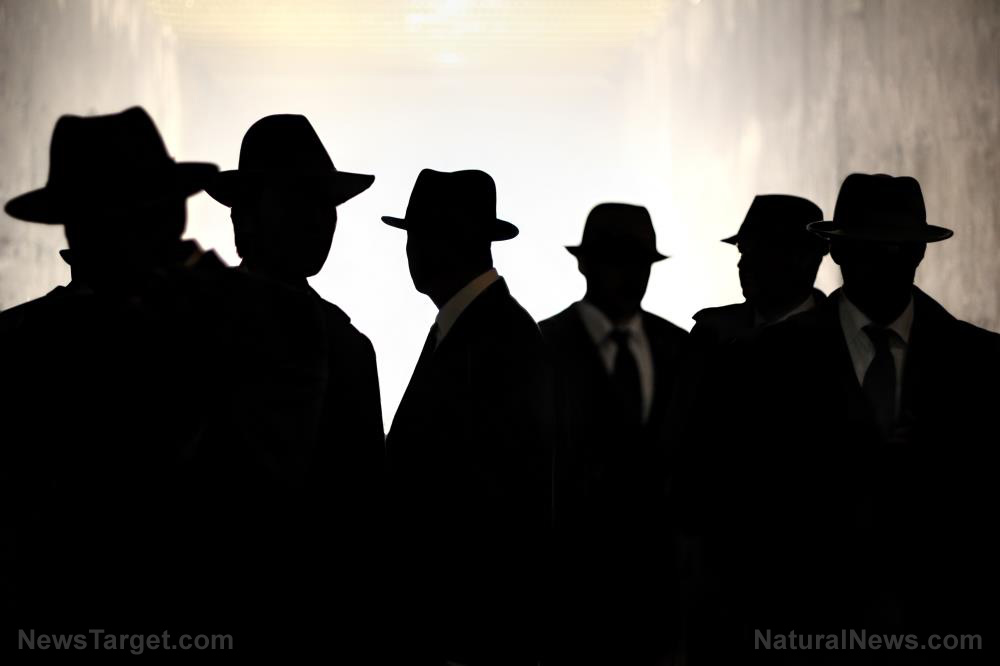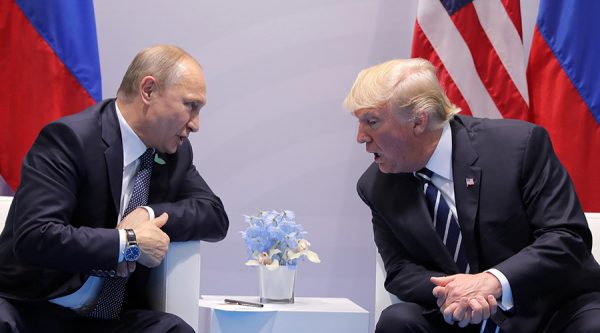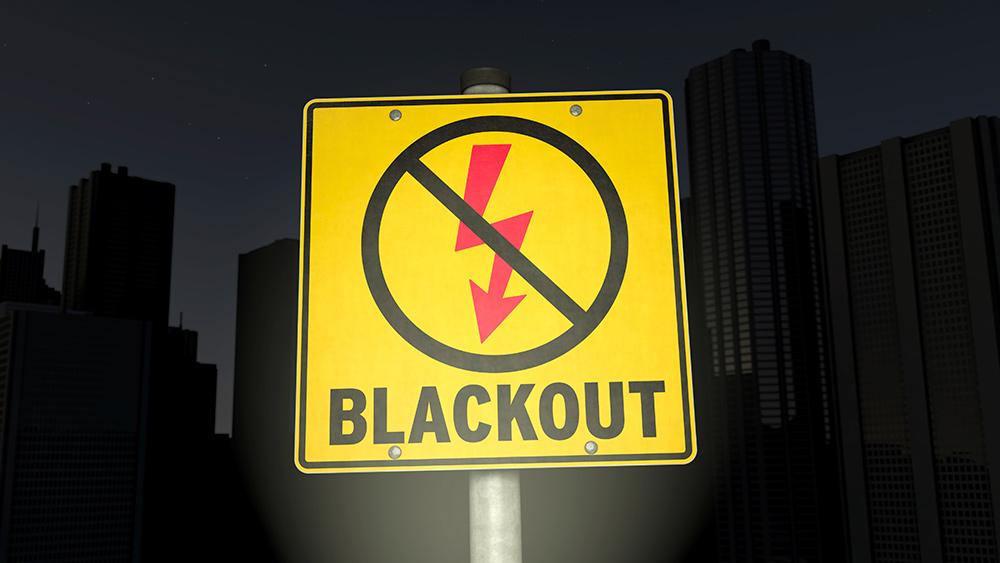Tom Engelhardt describes how the U.S. post-9/11 created a shadow government in the form of a national security state
- In the wake of the 9/11 attacks, the U.S. national security apparatus underwent a significant transformation, resulting in a "shadow government" and a "global security state" characterized by minimal oversight and a lack of transparency.
- Author Tom Engelhardt describes the National Security State (NSS) as a quasi-religious force, operating with its own set of classified doctrines, a privileged class of federal agents, and an unwavering commitment to protecting the U.S. homeland at all costs.
- The NSS has expanded its global surveillance capabilities, exemplified by the NSA's "Boundless Informant" program, and has become deeply embedded in every facet of American life, costing nearly $1 trillion annually.
- The dominance of the NSS has led to a concentration of power in the presidency, transforming the office into an "imperial" one, and raising concerns about the erosion of democratic norms, accountability and transparency.
In the aftermath of the Sept. 11, 2001, attacks, the United States embarked on a dramatic restructuring of its national security apparatus, giving rise to what author Tom Engelhardt describes as a "shadow government" and a "global security state." This behemoth, operating with minimal oversight, has redefined the American approach to security, veering far from the democratic ideals of transparency and accountability.
Engelhardt's book, "
Shadow Government: Surveillance, Secret Wars and a Global Security State in a Single-Superpower World," warns that this unaccountable entity has become a quasi-religious force, complete with its own holy texts – classified documents – a priestly class that is above the law – federal agents – and a sacred and sanctified homeland it must defend no matter the cost nor the ethical concern – the United States.
This framework casts the national security state (NSS) as an entity intolerant of alternative viewpoints and obsessed with dichotomies of good versus evil and us versus them. Its leaders, he argues, operate with a "fundamentalist" mindset, issuing decrees and enforcing a regime that prioritizes security at the expense of civil liberties.
The NSS's indiscriminate approach to global surveillance, exemplified by the NSA's "Boundless Informant" program, reflects an
ambition to police the world, with little regard for the consequences of its actions.
The shadow government that is the NSS has grown into a sprawling entity costing American taxpayers nearly $1 trillion annually, despite its primary adversary being scattered, lightly armed terrorist groups that do not pose an existential threat to the United States.
Since 2001, this NSS has expanded exponentially, creating new agencies, amassing vast intelligence capabilities and embedding itself into every facet of American life. Its influence extends beyond U.S. borders, shaping global politics and security frameworks in ways that astound both its allies and adversaries.
Historically, the NSS has its roots in the Cold War intelligence community, which grew into a labyrinthine network of secret agencies. However, the post-9/11 era marked a qualitative shift, with the NSS evolving into a global security state unlike anything seen before.
By 2024, the intelligence community's budget had skyrocketed, funding top-secret facilities and cutting-edge surveillance technologies. Agencies such as the National Geospatial-Intelligence Agency and the National Counterterrorism Center emerged as key players in this new landscape, while the Joint Special Operations Command became synonymous with
targeted assassinations and covert operations.
The NSS's dominance has rewritten the language of national security, redefining terms like "secret," "surveillance," and "whistleblower" in its own image. This lexical shift underscores a broader cultural transformation, where secrecy is no longer an exception but a default state, and dissent is often equated with disloyalty. The U.S. military's pivot toward remote warfare, utilizing drones and special operations forces to avoid large-scale invasions, has further institutionalized this mindset, embedding secrecy into the fabric of modern conflict.
This evolution has not come without costs. The NSS's global surveillance apparatus, framed as a means to achieve omniscience, has failed to deliver the promised security. Instead, it has strained U.S. alliances, fueled international distrust and revealed the limits of intelligence in preventing threats. The proliferation of warrior corporations and the privatization of military functions have only deepened these challenges, blurring the line between profit and patriotism.
Engelhardt's critique extends to the presidency itself, arguing that the NSS has transformed the office into an "imperial" one. The commander-in-chief now wields unprecedented power over covert operations and drone warfare, institutionalizing practices like assassination as legitimate tools of statecraft. This concentration of authority raises alarming questions about accountability and the erosion of democratic norms.
As Engelhardt's book makes clear, the NSS represents more than just a shadowy bureaucracy; it is a cultural force that reshapes how Americans view security, governance and their place in the world. The NSS's quasi-religious framework, its insatiable appetite for resources and its global reach have created a system that resists reform and perpetuates endless conflict.
For a democracy built on checks and balances, the rise of this "religion of perpetual conflict" poses a profound challenge. Citizens must remain vigilant, demanding transparency and accountability from institutions that increasingly operate beyond the reach of elected officials. As Engelhardt reminds us, the
NSS may have erected a shadow state, but it remains the responsibility of the people to reclaim the principles of democracy and the rule of law.
Watch this video discussing in detail Tom Engelhardt's groundbreaking book "Shadow Government: Surveillance, Secret Wars and a Global Security State in a Single-Superpower World."
This video is from the
BrightLearn channel on Brighteon.com.
Sources include:
Brighteon.ai
Brighteon.com











